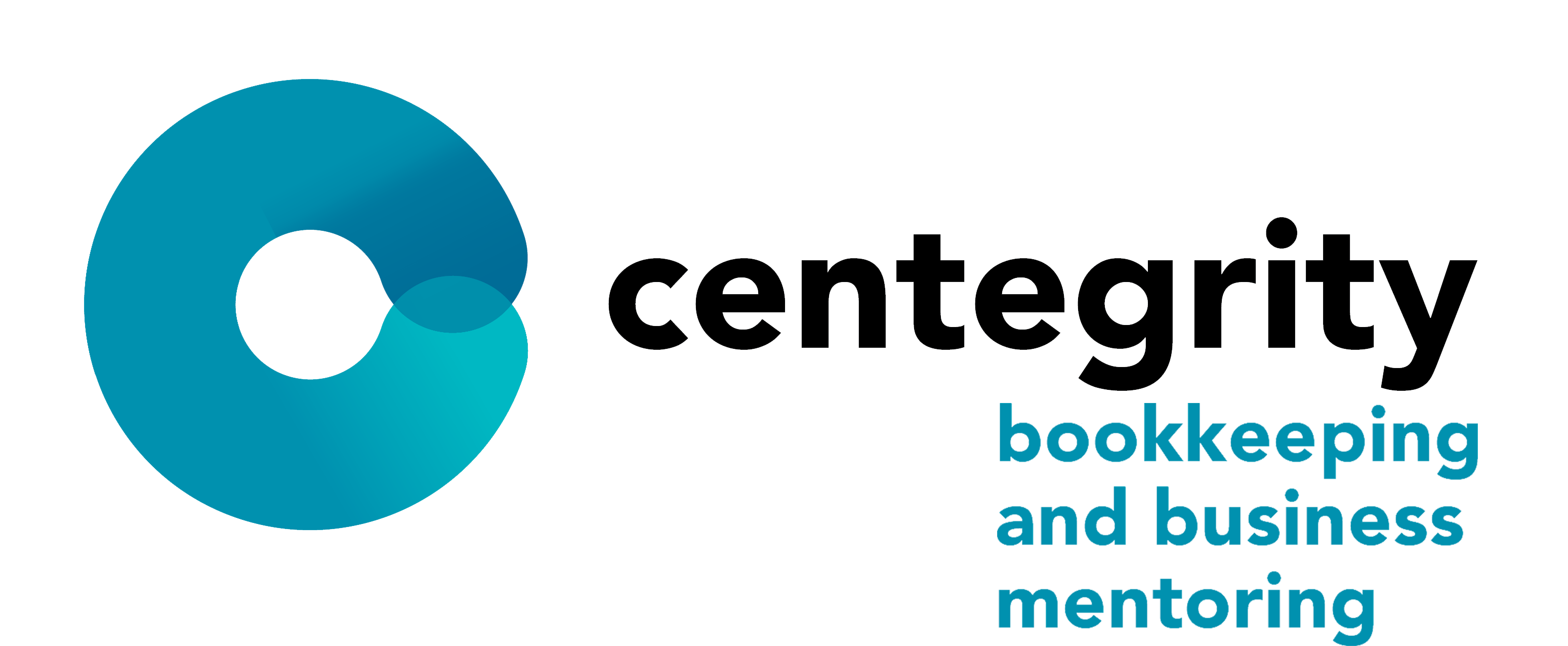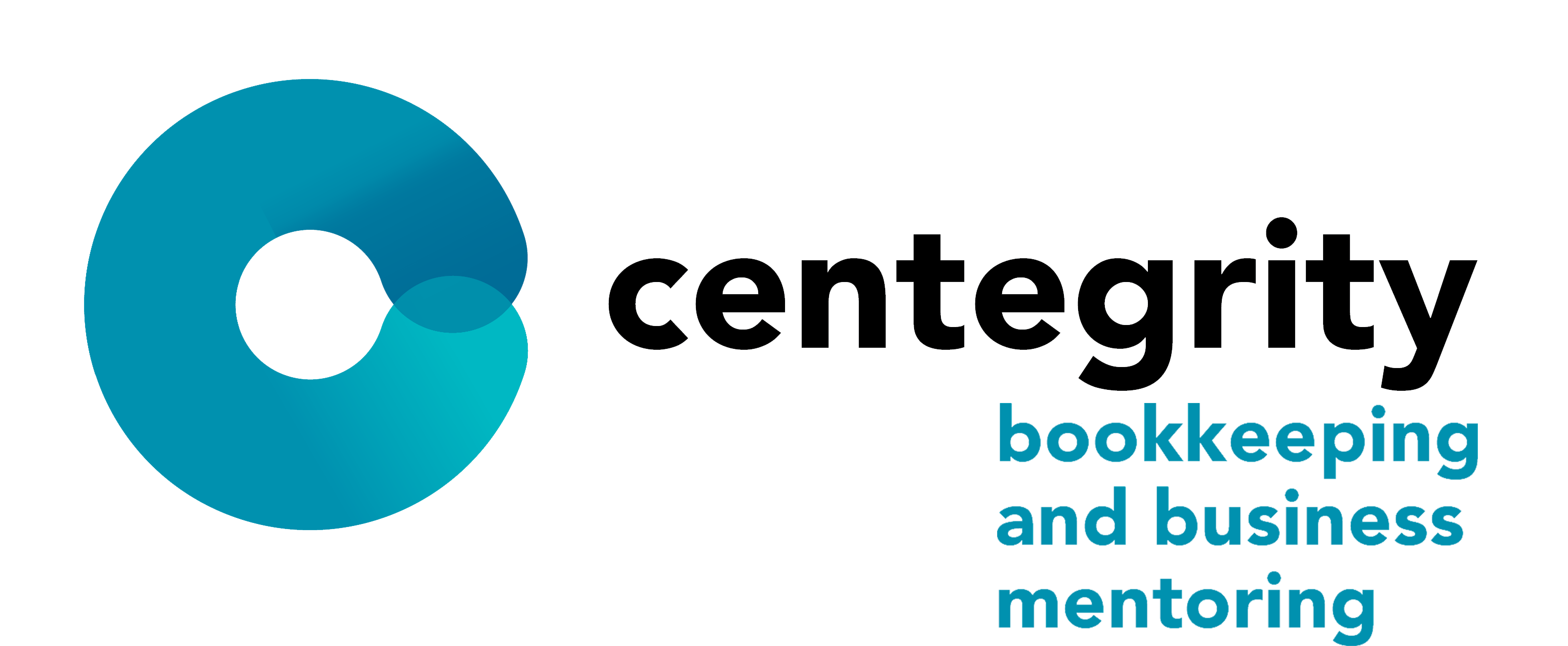When you hear the word ’embezzlement’, you might think it only happens in large corporate offices with thousands of employees. But the reality is that it can and does happen to businesses of any size.
Many years ago, I began working with a new bookkeeping client who had an executive assistant on his team who had worked for him for over seven years. As I reviewed their outgoings, it became clear that the assistant had been purchasing groceries and petrol for her own use, and using a company card to do it. She had effectively stolen thousands of dollars through simple embezzlement which was not previously identified by anyone. It was only after fresh analysis of the accounts that I realised what was happening.
I explained to my new client this was unfortunately a common occurrence. Employees who embezzle will usually take small amounts over time which goes unnoticed to the untrained eye. This is compounded when no one else is reviewing or overseeing the accounts.
Accidental and Deliberate Mistakes Cost Money
Regardless of the team size you are managing, mistakes will always be made. It’s a part of natural human behaviour that we miss details, and sometimes are unaware of our mistakes. This is exacerbated when robust processes and procedures are not in place or followed.
But sometimes, these ‘mistakes’ that team members make might even be deliberate. This is where the risk of embezzlement becomes a factor in your business.
When you run a business, these deliberate mistakes can be costly, both in financial terms and time. Not to mention the effort it takes to recruit and replace this team member. Over the years of helping businesses run their finances and business systems, we have seen this happen time and again.
Fortunately, there are ways to reduce the risks of mistakes, either accidental or deliberate.
How Segregation of Duties Can Help Reduce Financial Loss
One simple method that can reduce human errors and eliminate the risk of embezzlement is the segregation of duties (also known as separation of duties).
Segregation of duties is a practice that can save a business potential administrative and financial loss.
This practice involves having more than one person in a business required to complete any important task. This provides an internal control that helps to prevent human errors and fraud.
In business, you can help safeguard and pre-empt problems by ensuring more than one individual is involved in performing these tasks.
The concept of segregation of duties is mainstream in a financial organisation. Any financial services company understands the importance of not combining roles such as entering and approving timesheets and then paying employees or depositing cash and reconciling bank statements.
Having one person in charge of all these financial duties means you are putting your business at risk of fraud and/or serious errors. In most other businesses, segregation of duties is still a fairly new concept.
How to Use Segregation of Duties in Your Business
Segregation of duties is a key concept of internal controls. Increased protection from fraud and errors must be balanced with the increased cost/effort required.
The basic concept is to have different roles and responsibilities within an organisation, rather than one person who ‘does everything’.
This practice can mean having different people in the company sharing a role, or using an external contractor.
For example, using a professional bookkeeper for tasks such as payroll can reduce the risks of embezzlement or team members knowing each other’s salary. There are countless examples of team members entrusted with this private information who have used hourly rates/packages to turn on and upset other team members and even extort the business owner. They are usually pulled into line or end up leaving.
Segregation of duties can easily be managed in a number of ways:
- Using technology to require two people to sign off accounts or purchases.
- Having different individuals responsible for different components of the same job task (i.e. one person prepares and another authorises).
- Having a ‘two-person’ rule. Where all access and actions require the presence of two authorised people to be approved.
Reduce Stress Through Shared Responsibility
Another benefit for your team is a reduction in stress and getting overloaded at work. Some businesses have several people who are responsible for many tasks that are outside their conventional role.
While this can save money initially, it also puts extra time pressure and stress on those people to fulfill their role. Often this strain can lead to mistakes or cutting corners.
Segregation of duties solves this issue by making sure each person has a ‘backup’ and is accountable to another team member. If one person is overwhelmed, they can ask for help.
Use For Critical Elements Only
Keep in mind, however, breaking tasks down into separate parts or giving them to separate people can reduce business efficiency but also increase costs, complexity, and staffing requirements. For that reason, most businesses apply the segregation of duties to only the most vulnerable and critical areas of their business, such as financial management.
Using the services of a bookkeeper can help greatly reduce the risk of mistakes or embezzlement in your business. A third party bookkeeper can ensure no one person in the business is doing everything and that any discrepancies can be found quickly.
Centegrity has over 14 years of experience assisting businesses with bookkeeping and business mentoring and is here to help with planning and strategy to make sure your business survives and rises again.
If you need support for your business during these challenging times, don’t hesitate to contact us or fill in the form below.

